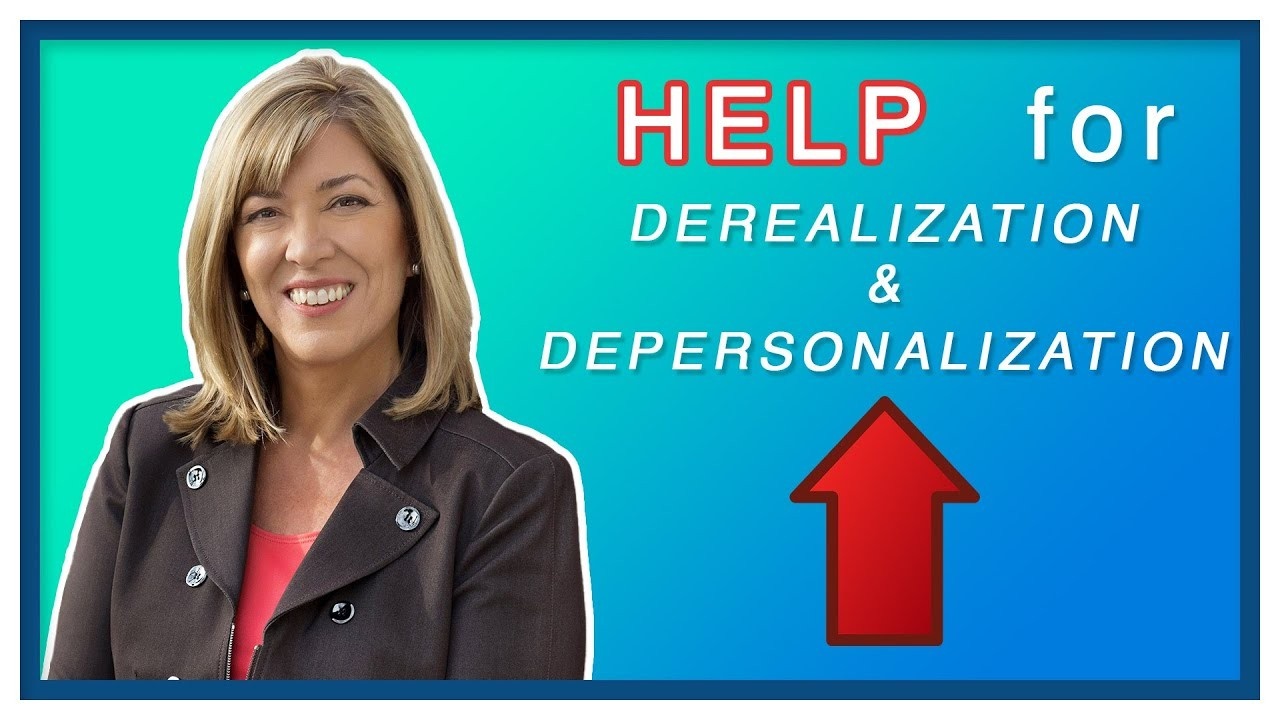
Help for Derealization and Depersonalization DPDR
Depersonalization, a unique phenomenon, involves a detachment from one's own body. This experience is frequently likened to a robotic state, where individuals navigate through motions while grappling with a sense of numbness towards their sensations. In this blog post, we explore the intricacies of derealization and depersonalization DPDR, and coping strategies.
Guided by insights from NAMI, the National Alliance on Mental Illness, an astonishing truth emerges - nearly 50% of individuals will confront the hurdles of derealization and depersonalization at some point in their life's journey.
Understanding Depersonalization:
A Disconnect from Self: Depersonalization, a distinct phenomenon, entails feeling detached from one's own body. This sensation is often described as robotic, where individuals go through motions while experiencing numbness to their sensations. This unsettling condition involves a profound disconnection between thoughts, feelings, body, and mind. Fortunately, these experiences are transient, ranging from hours to months. Encouragingly, they don't persist indefinitely; they subside naturally over time.

Nothing is worse than feeling unsafe in your body, like you are a victim of your fear and not in control. You have come to the right place. Learn how to take back your freedom from high anxiety, bodily sensations and panic.
Navigating Coping Strategies:
-
Affirm Calmness: Acknowledge your brain's awareness of distress. Embrace calming affirmations that reassure your well-being even amidst symptoms. They will eventually abate.
-
Grounding Techniques: Engage in grounding practices to anchor yourself to the present moment. Leveraging temperature and touch, techniques like alternating cold and warm water can reconnect your brain.
-
Auditory Stimulation: Music and podcasts stimulate your auditory nerve, grounding you in the present. Reading aloud activates multiple brain regions, boosting functionality.
-
Sleep Hygiene: Maintain a regular sleep schedule. Inadequate sleep exacerbates symptoms, while a healthy sleep pattern can facilitate improvement.
-
Normalcy Embrace: Engage in daily life activities as normally as possible. This sends positive signals to your brain, encouraging the healing process.
-
Interoceptive Exposure Therapy: For those requiring more substantial interventions, this technique exposes individuals to bodily sensations that evoke depersonalization, helping desensitize the response.
-
Psychotherapy: Seek professional assistance for underlying conditions like stress, anxiety, depression, or panic. Psychotherapy aids in resolving these issues, subsequently reducing depersonalization symptoms.
Empowering Recovery:
Depersonalization may be unsettling, but its transient nature offers hope. Empower yourself by understanding its triggers and applying coping strategies. While some may require additional therapies, remember that the majority recover naturally. You're not alone on this journey, and with the right approach, you can reclaim a sense of self and well-being.
Let's Keep in Touch
Subscribe to My Newsletter
We hate SPAM. We will never sell your information, for any reason.







